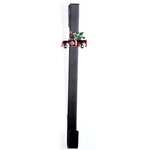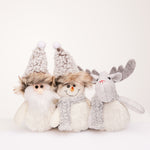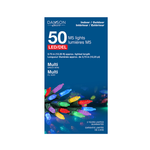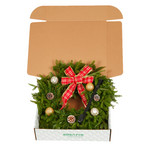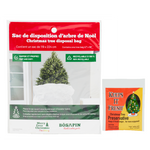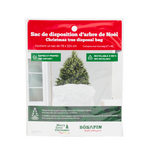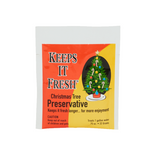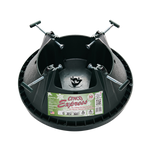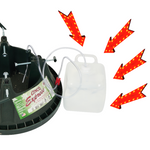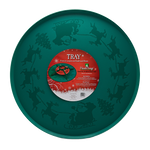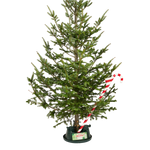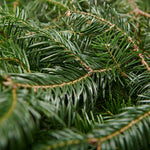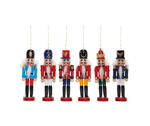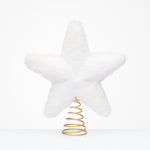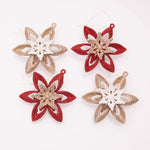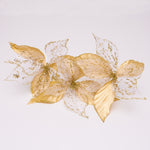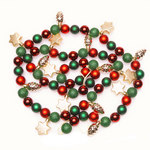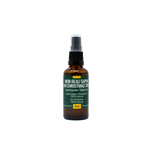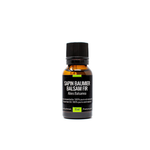First, the incredible economy in terms of the average number of kilometers traveled. Indeed, since we deliver directly to your home, the average number of kilometers for a tree is reduced, as well as helping nature. On average, a person travels 12 km to get a Christmas tree, in comparison, buying with us represents about 1.5 km per tree delivered. The reason is simple: our meticulously chosen itinerary to optimize our distributions. While you are saving time by not having to travel, you are also protecting the environment. If we extrapolate the equation with all your annual sales, 70,000 kilometers are saved.
Subsequently, according to the David Suzuki Foundation, it is better to choose a natural tree than an artificial one: "Speaking of trees, I am often asked if it is better to choose an artificial or natural Christmas tree. A life cycle study conducted by ellipsos Inc., a sustainable development research firm, found that naturals are better for the environment than artificials" (David Suzuki.org). Artificial trees cannot be recycled, reused or converted to compost. In addition, the PVC and lead it contains remain in landfills for several generations.
Moreover, as you know, trees are the lungs of the earth. Each hectare of Christmas trees produces enough oxygen to meet the needs of 40 to 45 people. The air we breathe is filtered by these trees and can absorb up to 32 tonnes of pollutants such as carbon monoxide, sulfur dioxide and ethylene throughout its life cycle. (Agri Réseau). In Canada, more than 40,000 hectares are used to produce Christmas trees.



